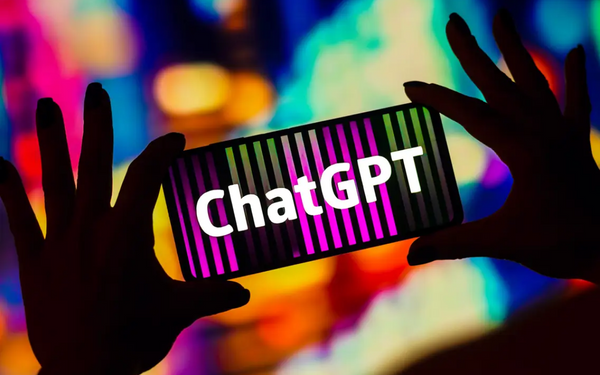We have heard reports that the cutting-edge AI tool ChatGPT may soon be integrated into the Microsoft Bing search engine, and now we have a sneak peek at what that could look like in your browser.
The impending update was tested for a while by design student and industry professional Owen Yin. Eventually, he was blocked from further access. If you’ve used ChatGPT before, the interface will seem quite familiar: you’ll see a box where you can type in a question and receive answers regarding anything.
There is evidently a character limit of 1000 characters per message. Yin provides examples of searches for toddler art and craft ideas using specific materials, the kind of question that is well-suited to ChatGPT but for which Google may not provide very useful answers.
In Bing, with extra A list of sources, similar to what you find on Wikipedia, appears below the replies, so you know where the material in ChatGPT came from. That implies you can verify the veracity of ChatGPT to a certain degree.
Bing’s ChatGPT integration just appeared for me. Replaces the search bar with a composer for natural-language questions pic.twitter.com/NxZ0k9O92CFebruary 3, 2023
It’s not only a search engine
According to this leak, the traditional search results would not be totally phased out. They will appear on a new screen, and using the navigation bar at the top, you may toggle between the traditional blue link list and the cutting-edge search technology of the future.
We’ve reached a point where traditional search techniques seem dated, which is why Google is set to launch its own version of this technology in the near future. You may have noticed that the results you obtain from a standard online search aren’t always relevant to your needs if you’ve done one lately.
Precision and adaptability are greatly enhanced by ChatGPT’s conversational approach. Instead of merely searching online for speech or trip ideas, you may utilise the AI engine to create your own speech or plan your own vacation, enhancing the results using natural language.
Adding ChatGPT functionality to Microsoft’s Office suite would purportedly provide users with assistance while composing letters, creating PowerPoint presentations, and sending emails. There’s no denying that we’ll be using AI more and more in the not-so-distant future.

Subtly charming pop culture geek. Amateur analyst. Freelance tv buff. Coffee lover
